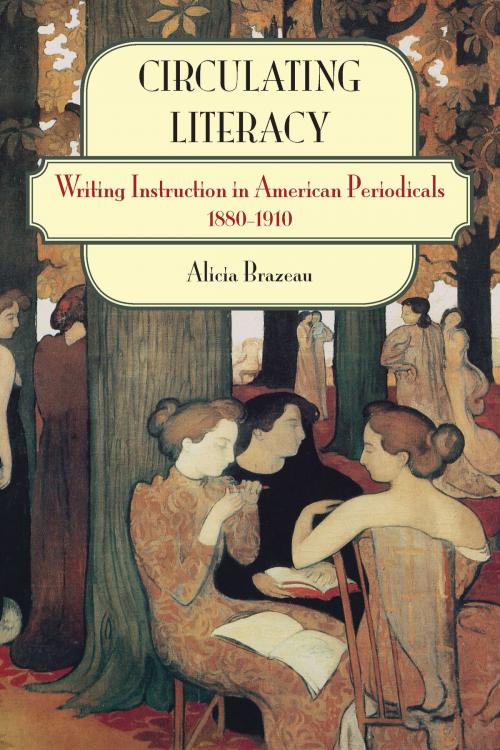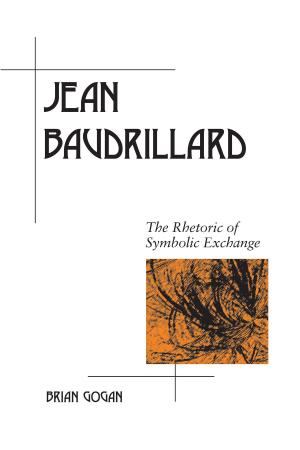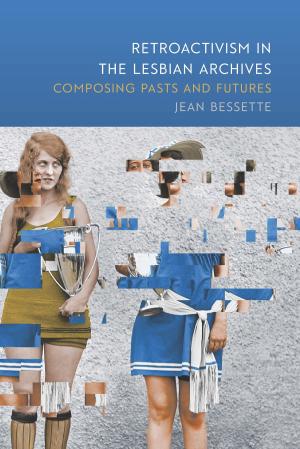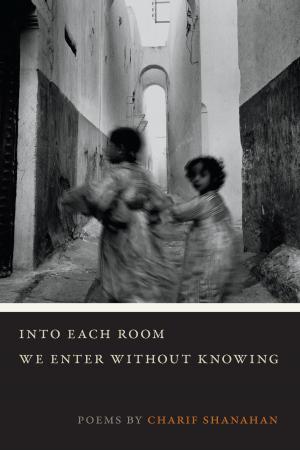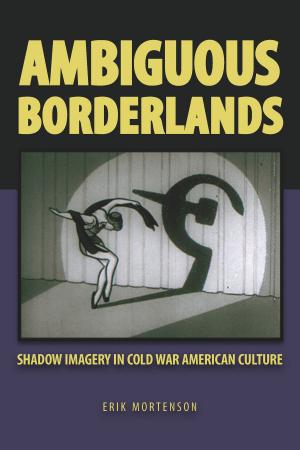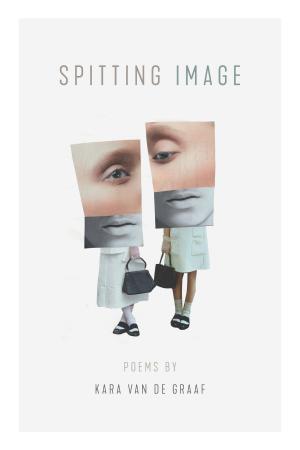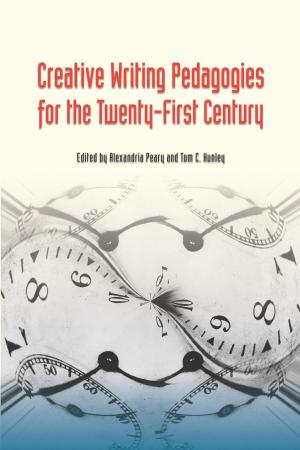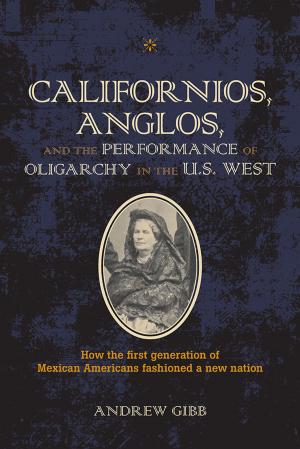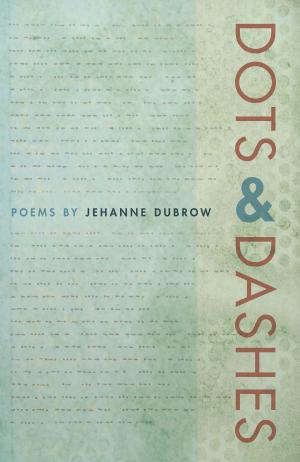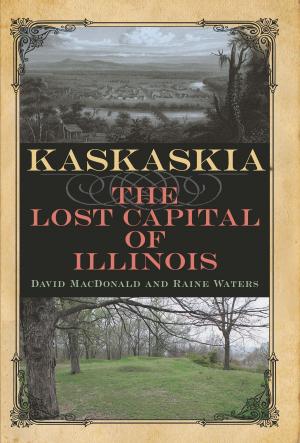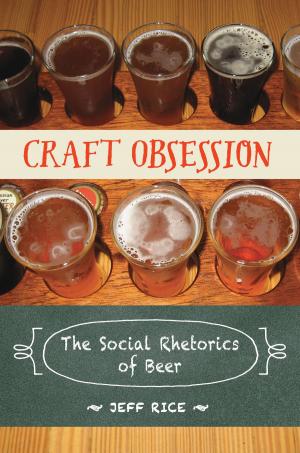Circulating Literacy
Writing Instruction in American Periodicals, 1880-1910
Nonfiction, Reference & Language, Language Arts, Literacy, Study & Teaching| Author: | Alicia Brazeau | ISBN: | 9780809335459 |
| Publisher: | Southern Illinois University Press | Publication: | November 9, 2016 |
| Imprint: | Southern Illinois University Press | Language: | English |
| Author: | Alicia Brazeau |
| ISBN: | 9780809335459 |
| Publisher: | Southern Illinois University Press |
| Publication: | November 9, 2016 |
| Imprint: | Southern Illinois University Press |
| Language: | English |
Near the dawn of the twentieth century, more than a million Americans had subscriptions to popular magazines, and many who did not subscribe read the periodicals. Far more men and women were learning advanced literacy through reading these magazines than by attending college. Yet this form of popular literacy has been relatively ignored by scholars, who have focused mainly on academic institutions and formal educational experiences. In Circulating Literacy: Writing Instruction in American Periodicals, 1880–1910, author Alicia Brazeau concentrates on the format, circulation, and function of popular and influential periodicals published between 1880 and 1910, including the farming magazines Michigan Farmer, Ohio Farmer, and Maine Farmer, which catered to rural residents, and two women’s magazines, Harper’s Bazar and the Ladies’ Home Journal, that catered to very different populations of women.
Brazeau establishes how these magazines shared a common strategy in the construction of literacy identities by connecting a specific identity with a particular set of reading and writing practices. She explores how farm journals were preoccupied with the value of literacy as a tool for shaping community; considers how the Journal and the Bazar deployed distinctly different illustrations of literacy values for women; shows how the Journal and editor Edward Bok cast women as consumers and sellers of literacy; and looks at the ways in which Bazar editors urged readers to adopt habits of reading and writing that emphasized communal relationships among women. In Circulating Literacy, Brazeau speaks to, and connects, the important topics of rural studies, gender, professionalization, and literacy sponsorship and identity, arguing for the value of the study of periodicals as literacy education tools.
Near the dawn of the twentieth century, more than a million Americans had subscriptions to popular magazines, and many who did not subscribe read the periodicals. Far more men and women were learning advanced literacy through reading these magazines than by attending college. Yet this form of popular literacy has been relatively ignored by scholars, who have focused mainly on academic institutions and formal educational experiences. In Circulating Literacy: Writing Instruction in American Periodicals, 1880–1910, author Alicia Brazeau concentrates on the format, circulation, and function of popular and influential periodicals published between 1880 and 1910, including the farming magazines Michigan Farmer, Ohio Farmer, and Maine Farmer, which catered to rural residents, and two women’s magazines, Harper’s Bazar and the Ladies’ Home Journal, that catered to very different populations of women.
Brazeau establishes how these magazines shared a common strategy in the construction of literacy identities by connecting a specific identity with a particular set of reading and writing practices. She explores how farm journals were preoccupied with the value of literacy as a tool for shaping community; considers how the Journal and the Bazar deployed distinctly different illustrations of literacy values for women; shows how the Journal and editor Edward Bok cast women as consumers and sellers of literacy; and looks at the ways in which Bazar editors urged readers to adopt habits of reading and writing that emphasized communal relationships among women. In Circulating Literacy, Brazeau speaks to, and connects, the important topics of rural studies, gender, professionalization, and literacy sponsorship and identity, arguing for the value of the study of periodicals as literacy education tools.
